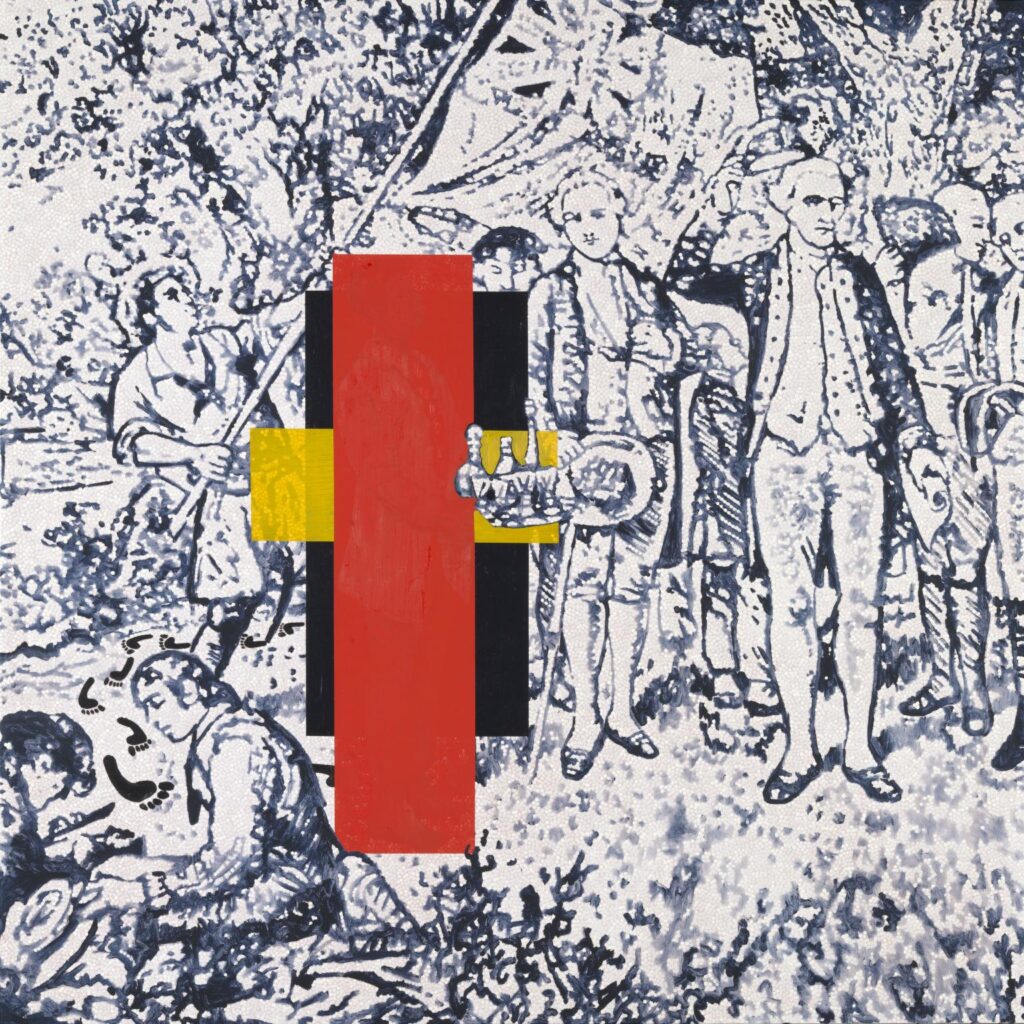
The abandonment of all principle of right enables the soul to choose and act upon a principle of wrong, and to subordinate to this one principle all the various vices of human nature. For it is a mournful truth, that as devastation is incomparably an easier work than production, so may all its means and instruments be more easily arranged into a scheme and system.
In the early 1980s, faced with the ravages of Thatcherism and Reaganism, and the cruelty of the early phases of neoliberalism with its austerity, its newly attired but same old same old war on the poor and working masses and classes, Raymond Williams set out to gather and explain keywords, to layout the intersection of culture, society, vocabulary and power. As Williams explained, “I called these words Keywords in two connected senses: they are significant, binding words in certain activities and their interpretation; they are significant, indicative words in certain forms of thought.” Every period produces its own keywords, though the words themselves are often very familiar, just as every period is produced by its own keywords. You can recognize a period by things people say that they didn’t say before. Listening to, watching, and reading news reports, especially interviews, a keyword of the present moment is devastation.
Well over a hundred years before Williams’ Keywords, from June 1809 to March 1810, Samuel Taylor Coleridge wrote a weekly series of essays, called The Friend. In Essay XVI, Coleridge sets out to understand the implications of people in power choosing evil and renaming it good: “The abandonment of all principle of right enables the soul to choose and act upon a principle of wrong, and to subordinate to this one principle all the various vices of human nature. For it is a mournful truth, that as devastation is incomparably an easier work than production, so may all its means and instruments be more easily arranged into a scheme and system.”
Coleridge chose to emphasize “principle of right” and “principle of wrong.” He looked out a world of abandonment and devastation and understood the ease with which all human vices could be brought together into a scheme and system that insisted on its morality, while demonstrating, day in and day out, the mournful truth that devastation is incomparably an easier work than production. Sound familiar? It should.
Mournful truths are not inevitable truths. They are not destiny. They are choices, made collectively and individually. When faced with a scheme and system whose very core is devastation rather than production, we must remember to cherish those who refuse to abandon all principle of right, whose souls continue to choose and act upon a principle of right. In a world where ruling classes and masses insist on the sanctity of their mournful truths, people will do as they are doing, as they have always done. Mourn for the moment, and fight like hell for the living! You gotta be a spirit! Can’t be no ghost!
(By Dan Moshenberg)
(Image Credit: Gordon Bennett, “Possession Island” / Tate)